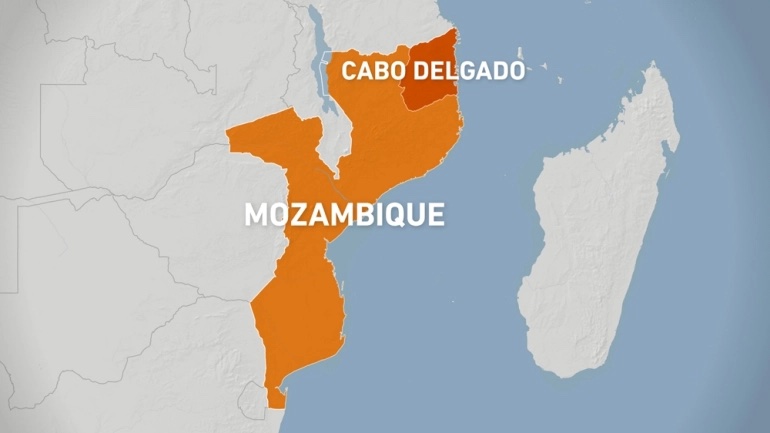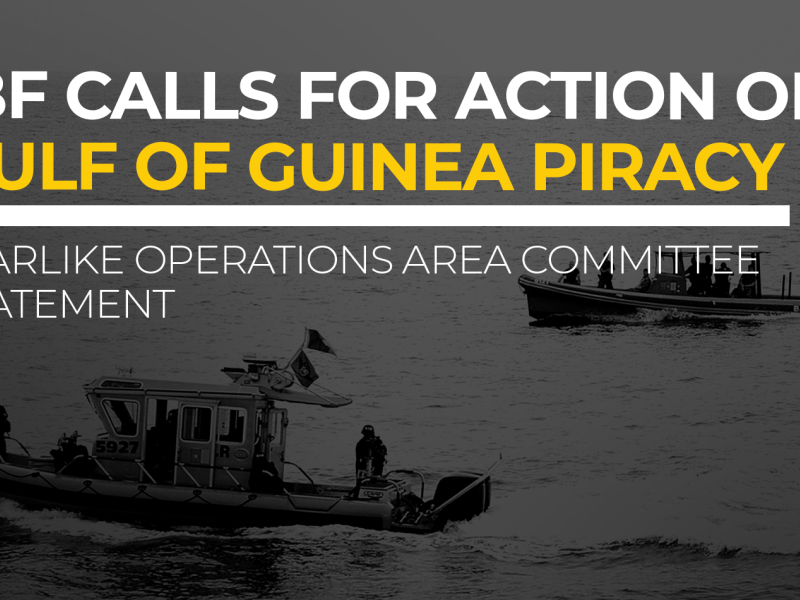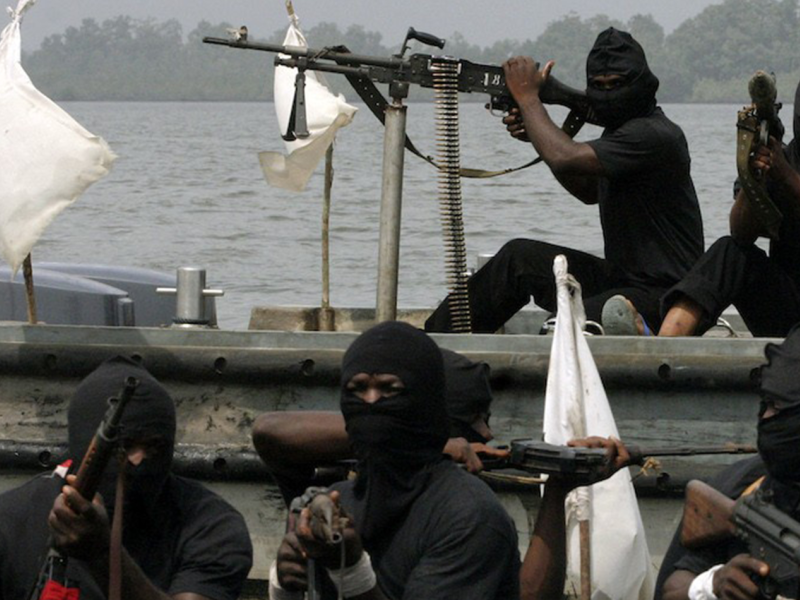Ship owners should stop attempting to perform crew changes in northern Mozambique while seafarers are at risk of attack or kidnapping by violent terrorist groups operating in the region.
The International Transport Workers’ Federation (ITF) supports the calls by the Norwegian Maritime Unions (NMU) for a crew change suspension until the threat to seafarers’ lives reduces along the Mozambique coast.
The NMU has written to the Norwegian Shipowners Association (NSA) asking the body’s members to avoid the province of Cabo Delgado since violence escalated in recent weeks due the growing power of terror organisations such as ISIL-affiliated Ansar-al-Sunna and local cells of al-Shabab (‘The Youth’). At least 51 children were kidnapped by non-state armed groups in the area in the last year, Save the Children reported.
Ansar-al-Sunna was initially known for beheadings, but has shifted its strategy to attempting the take-over of entire towns in Mozambique’s northern-most region, with even more deadly results. Ansar-al-Sunna fighters have specifically targeted foreign workers.
Now the ITF is extending the NMU’s call to all the world’s shipowners to steer clear of the conflict area, and to issue instructions to their ship management firms and manning agencies to do likewise.
“The security situation in Cabo Delgado is dire,” said Johnny Hansen, president of the Norwegian Seafarers’ Union, which is one of the three unions that form the NMU. “Foreign workers are being targeted by terrorists, and seafarers will be no exception. Their lives are in danger.”
“Asking seafarers to come ashore, to stay in Covid quarantine facilities, while the volatile situation happening outside risks their very lives? That is unacceptable. Seafarers could be killed or taken hostage on their way to airports and harbours,” he said.
“All we are asking for is that the owners of ships serving northern Mozambique make alternative plans so that their crew changes can take place elsewhere, somewhere safer.”
Hansen said that while the unions’ proposal does not solve the conflict or abate the violence being felt inflicted the local people, it was an important step to avoid hostage-taking becoming a viable revenue stream for the armed groups.

Mozambique’s transport workers need the violence to end
In March and April of this year, the Ansar-al-Sunna coordinated a violent attack on the city of Palma which led to more than 40 people being killed. Nearly 30,000 people were forced to flee the city in those two months alone to escape the conflict. Another 27,000 have followed since.
Among the group’s targets were local and foreign workers at the nearby TotalEnergies (formerly ‘Total’) gas project. As a result of the attack, the French multinational suspended operations at the site and withdrew its foreign personnel from the region within weeks, leaving more than 6,000 Mozambican workers without jobs and incomes.
“There has been widespread loss of life and property in Cabo Delgado,” said ITF Africa regional secretary Mohammed Dauda Safiyanu. “Mozambican transport workers have also been suffering due the disruption of the conflict on their jobs and industries. Our affiliates are concerned for what will happen to the thousands of local workers who rely on income from the gas project to feed their children,” said Safiyanu.
The regional secretary said that Mozambique’s maritime unions were supporting the call for seafarers and international workers to avoid Cabo Delgado while the situation remained volatile. Other parts of Mozambique’s coast remained relatively safe to perform crew changes for international workers, he said, including Biera, Nacala and Maputo.
“We are calling on Mozambique’s government to take all necessary efforts to foster peace and security in the war zone areas so that the people of Mozambique, and Mozambican transport workers in particular, can pick up the pieces of their lives,” said Safiyanu.
Last Wednesday the nations of the Southern African Development Community agreed to deploy troops to Mozambique to combat the insurgents operating in Cabo Delago.

Caught between pirates and paramilitaries: seafarers are in increasing danger
Hansen, who is also chair of the ITF’s Fisheries Section, said people had to view the conflict in Mozambique and the risks it presented to seafarers in the wider picture of the high seas being an increasingly dangerous place to work for seafarers, fishers, and other maritime workers.
“Just as we are seeing in the Gulf of Guinea with violent attacks by pirates on seafarers and fishers, and as we saw in recent years with assaults on foreign ships around the Horn of Africa: conflict zones and economic upheaval near coasts have the potential to increase the risk of opportunistic attacks on international maritime workers by armed criminals.”
“Armed criminals see our sisters and brothers working onboard as easy targets for taking hostage or to make political points by killing them.”
“Sadly, these groups do not understand that the seafarers, fishers or other offshore workers in their sights, are just ordinary people doing our jobs. Like anyone else, our families want to see us come home safe. No one should be killed for doing their job,” said Hansen.
END
Notes:
- The Norwegian Seafarers’ Union is one of the Norwegian Maritime Unions and is an affiliate of ITF
About the ITF: The International Transport Workers’ Federation (ITF) is a democratic, affiliate-led federation recognised as the world’s leading transport authority. We fight passionately to improve working lives, connecting trade unions from 147 countries to secure rights, equality, and justice for their members. We are the voice for nearly 20 million working women and men in the transport industry across the world.
Media contact: media[at]itf.org.uk | +44 20 7940 9282





